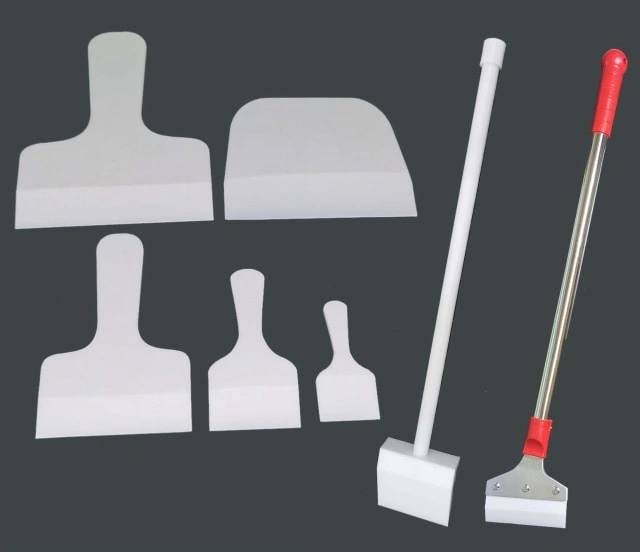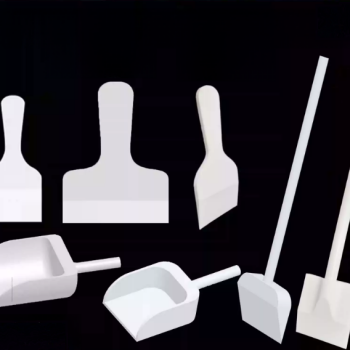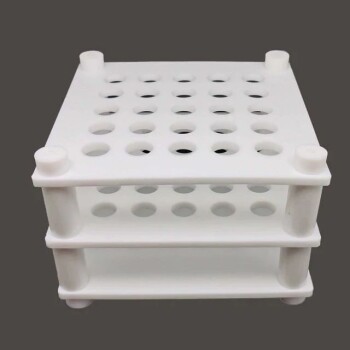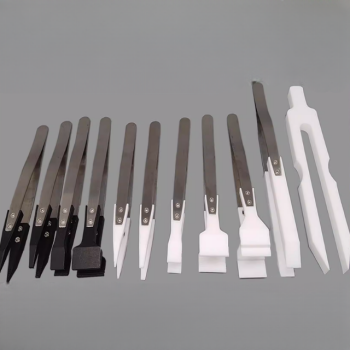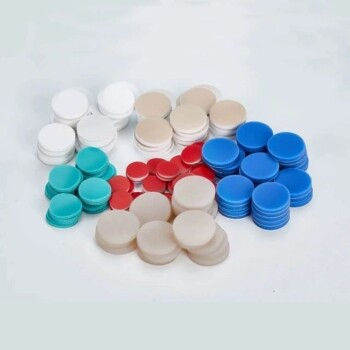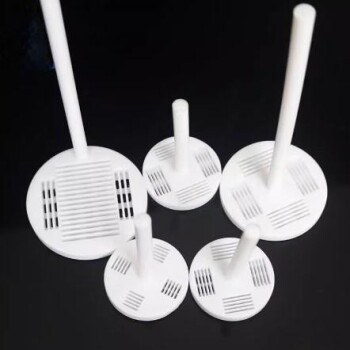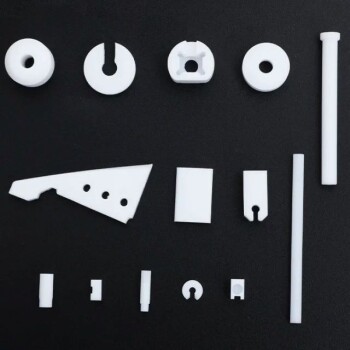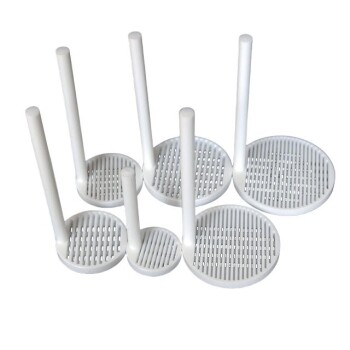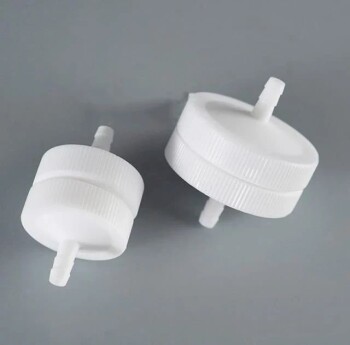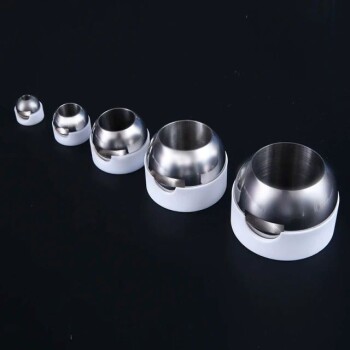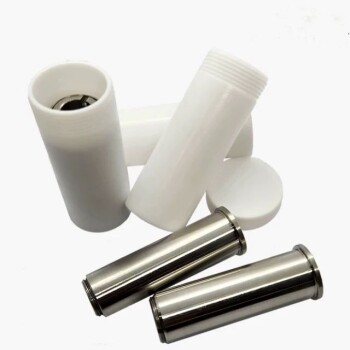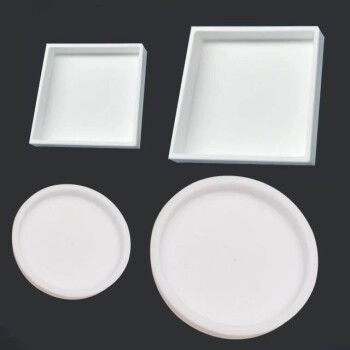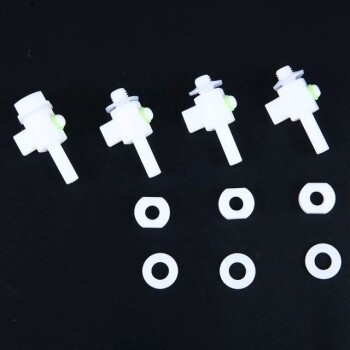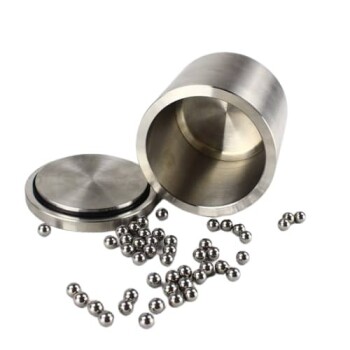Table of Contents
- Introduction: Understanding PTFE Shovels
- Advantages of PTFE Shovels in Laboratory Settings
- Specific Applications of PTFE Shovels in Laboratories
- Case Studies: Real-World Examples of PTFE Shovel Applications
- Comparison with Traditional Shovel Materials
- Selection and Maintenance of PTFE Shovels
- Conclusion: The Value of PTFE Shovels in Laboratories
Introduction: Understanding PTFE Shovels
PTFE (polytetrafluoroethylene) shovels are indispensable tools in laboratory settings due to their exceptional properties. Their chemical inertness, non-stick surface, and high-temperature tolerance make them ideal for handling and manipulating samples, dispensing liquids, and cleaning surfaces. This comprehensive guide delves into the applications, advantages, and specific uses of PTFE shovels in laboratories, providing valuable insights for researchers and scientists seeking optimal tools for their work.
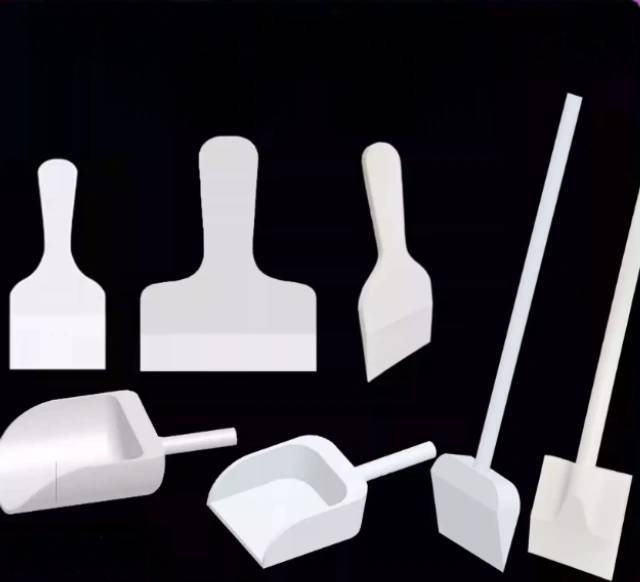
Advantages of PTFE Shovels in Laboratory Settings
PTFE (polytetrafluoroethylene) shovels offer numerous advantages in laboratory settings due to their unique properties. Here are some of the key benefits:
Chemical Inertness and Resistance to Harsh Chemicals and Solvents:
PTFE is highly resistant to a wide range of chemicals and solvents, including acids, bases, and organic solvents. This makes it ideal for handling corrosive or reactive substances without contamination or degradation.
Non-Stick Surface, Preventing Sample Adhesion and Ensuring Easy Cleaning:
The non-stick surface of PTFE shovels prevents samples from adhering to the surface, making it easy to clean and prevent cross-contamination. This is particularly beneficial for handling viscous or sticky materials.
High-Temperature Stability, Allowing for Use in Demanding Thermal Conditions:
PTFE has excellent thermal stability, allowing it to withstand high temperatures without melting or decomposing. This makes it suitable for use in demanding thermal conditions, such as in ovens or on hot plates.
Flexibility and Conformability, Enabling Access to Hard-to-Reach Areas:
PTFE shovels are flexible and conformable, allowing them to be used in hard-to-reach areas or to conform to the shape of containers. This makes them ideal for collecting or transferring samples from narrow or irregular vessels.
Additional Applications and Benefits:
Beyond these core advantages, PTFE shovels also offer additional benefits and applications in laboratory settings:
- Biocompatibility: PTFE is biocompatible and can be used in contact with biological samples without causing harm.
- Anti-Static: PTFE is anti-static, reducing the risk of electrostatic discharge and potential hazards.
- Long Service Life: PTFE shovels are durable and have a long service life, making them a cost-effective investment.
In conclusion, PTFE shovels offer a combination of chemical inertness, non-stick surface, high-temperature stability, flexibility, and additional benefits, making them an essential tool in various laboratory settings. Their versatility and reliability ensure accurate and efficient handling of samples in a wide range of applications.
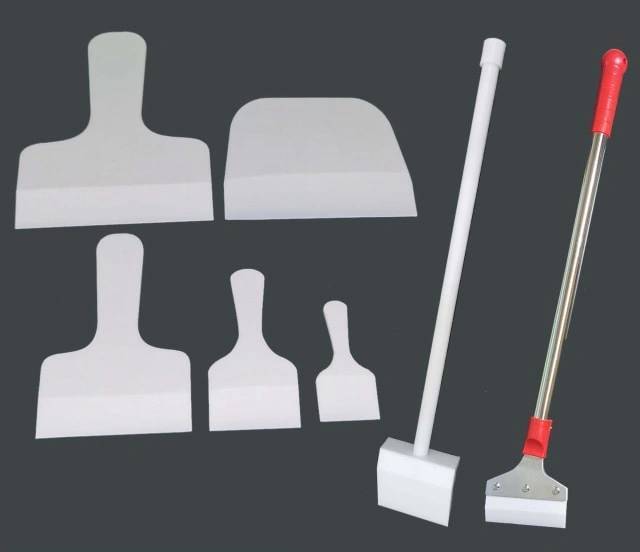
Specific Applications of PTFE Shovels in Laboratories
Polytetrafluoroethylene (PTFE), commonly known as Teflon, is a versatile fluoropolymer that finds extensive applications in laboratory settings due to its unique properties, including exceptional chemical resistance, low surface energy, and high temperature tolerance. PTFE shovels, in particular, offer specific advantages in various laboratory procedures.
Sample Handling and Manipulation in Chemical Reactions
PTFE shovels are ideal for handling and manipulating samples in chemical reactions. Their inert nature prevents contamination or interference with the reaction, ensuring the purity and accuracy of experimental results. PTFE shovels are commonly used for:
- Transferring solid or liquid samples between containers
- Dispensing reagents into reaction vessels
- Mixing and stirring solutions without introducing impurities
- Scraping and collecting solids from surfaces
Dispensing and Transferring Viscous or Corrosive Liquids
PTFE shovels are highly suitable for dispensing and transferring viscous or corrosive liquids. Their slippery surface minimizes liquid adherence, allowing for precise and controlled dispensing. Additionally, PTFE's chemical resistance makes it compatible with a wide range of corrosive liquids, including acids, bases, and solvents.
Mixing and Stirring Solutions Without Introducing Impurities
PTFE shovels are excellent tools for mixing and stirring solutions without introducing impurities. Their non-stick surface prevents the adherence of solids or contaminants, ensuring the purity of the solution. PTFE shovels are particularly useful for:
- Homogenizing mixtures
- Dissolving solids into liquids
- Preparing suspensions or emulsions
Scraping and Cleaning Surfaces of Laboratory Equipment
PTFE shovels are effective for scraping and cleaning surfaces of laboratory equipment. Their flexible and non-abrasive nature allows for thorough cleaning without damaging delicate surfaces. PTFE shovels are commonly used for:
- Removing residual chemicals or solids from laboratory glassware
- Cleaning surfaces of analytical instruments
- Scraping off dried or solidified materials from equipment
Additional Benefits of PTFE Shovels in Laboratories
In addition to their specific applications, PTFE shovels offer several general benefits in laboratory settings:
- Autoclavability: PTFE shovels can be autoclaved for sterilization, ensuring their cleanliness and preventing contamination.
- Durability: PTFE is highly durable and resistant to wear and tear, making PTFE shovels long-lasting and cost-effective.
- Temperature Resistance: PTFE shovels can withstand extreme temperatures, making them suitable for use in both cold and hot environments.
- Ergonomic Design: PTFE shovels are typically designed with ergonomic handles for comfortable and easy use.
Overall, PTFE shovels are invaluable tools in laboratory settings, providing a wide range of applications and offering advantages such as chemical resistance, non-stick surface, and durability. Their versatility and reliability make them essential for precise sample handling, mixing, stirring, and cleaning tasks, ensuring the accuracy and efficiency of laboratory procedures.

Case Studies: Real-World Examples of PTFE Shovel Applications
PTFE shovels, commonly known as Teflon shovels, offer exceptional versatility and resilience in various laboratory applications, including:
Pharmaceutical Manufacturing
In the pharmaceutical industry, PTFE shovels are indispensable for handling active ingredients. Their non-stick surface prevents cross-contamination and ensures the purity of the final product. These shovels are ideal for transferring powders, granules, and other sensitive materials without compromising their integrity.
Chemical Laboratories
Chemical laboratories rely heavily on PTFE shovels for handling corrosive chemicals. The chemically inert nature of PTFE makes it resistant to a wide range of acids, bases, and solvents. This ensures the safety of both the operator and the equipment while preventing contamination of the chemicals.
Biotechnology
Within biotechnology, PTFE shovels play a crucial role in sample manipulation in cell culture. Their non-toxic and non-pyrogenic properties make them suitable for handling delicate cells and biological materials. PTFE shovels enable precise manipulation of samples without damaging or altering their properties, contributing to reliable experimental outcomes.
Comparison with Traditional Shovel Materials
Advantages of PTFE Shovels over Metal Shovels
PTFE shovels offer several advantages over metal shovels, particularly in laboratory settings:
Corrosion Resistance: PTFE (polytetrafluoroethylene) is a highly inert material that resists corrosion from a wide range of chemicals, acids, and bases. This makes it ideal for handling corrosive materials or working in harsh environments. In contrast, metal shovels can corrode over time, especially when exposed to moisture or certain chemicals.
Non-Stick Properties: PTFE has a very low coefficient of friction, making it non-stick. This prevents materials from adhering to the shovel's surface, erleichtering cleaning and reducing contamination. This property is crucial in laboratory applications where cleanliness and precision are paramount.
Benefits of PTFE Shovels Compared to Plastic Shovels
Durability: PTFE shovels are significantly more durable than plastic shovels. PTFE is a tough and resilient material that can withstand high temperatures, impact, and abrasion. Plastic shovels, on the other hand, are more prone to breakage and deformation, especially under heavy use.
Temperature Resistance: PTFE has a wide temperature range, from -270°C to 260°C (-454°F to 500°F). This makes it suitable for handling both cold and hot materials, such as dry ice or molten liquids. Plastic shovels may warp or melt at elevated temperatures, limiting their utility.
Chemical Resistance: Similar to its resistance to corrosion, PTFE is resistant to a wide range of chemicals, including strong acids and bases. This makes PTFE shovels ideal for handling reactive or hazardous materials, where plastic shovels may degrade or contaminate the sample.
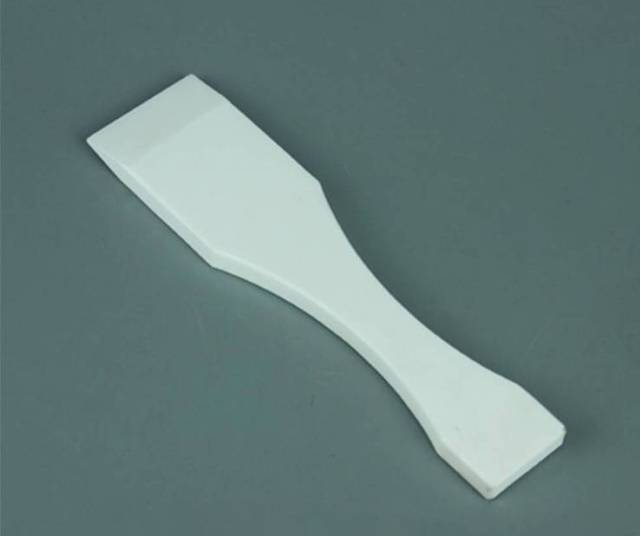
Selection and Maintenance of PTFE Shovels
Factors to Consider When Choosing a PTFE Shovel
When selecting a PTFE shovel, several key factors should be considered to ensure optimal performance and longevity:
Size: The size of the shovel should be appropriate for the intended application. Smaller shovels are suitable for handling small samples or working in confined spaces, while larger shovels are designed for handling larger quantities of material.
Shape: The shape of the shovel is important for specific tasks. Flat shovels are ideal for general purpose use, while angled shovels are designed for accessing hard-to-reach areas or scraping surfaces.
Handle Design: The handle design plays a crucial role in comfort and safety. Ergonomic handles provide a comfortable grip, reducing fatigue during extended use. Handles with non-slip surfaces ensure a secure hold, especially when handling wet or slippery materials.
Proper Cleaning and Storage Techniques
To ensure the longevity and performance of PTFE shovels, proper cleaning and storage techniques are essential:
Cleaning: After use, PTFE shovels should be thoroughly cleaned to remove any residual materials or contaminants. Use a mild detergent and warm water, and avoid using abrasive cleaners or brushes that could damage the PTFE surface.
Storage: PTFE shovels should be stored in a clean and dry environment, away from direct sunlight or heat sources. Store the shovels upright or suspended to prevent deformation or damage to the handle.
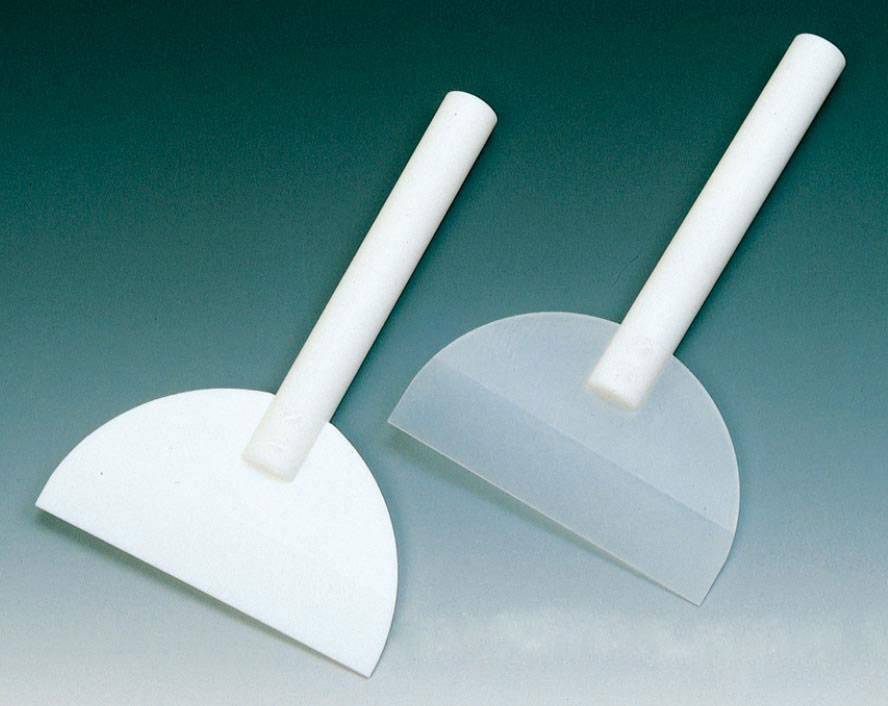
Conclusion: The Value of PTFE Shovels in Laboratories
PTFE shovels have revolutionized laboratory operations with their exceptional chemical resistance, non-stick surface, and high-temperature stability. Their unique properties make them indispensable for handling corrosive chemicals, viscous liquids, and delicate samples. From pharmaceutical manufacturing to biotechnology, PTFE shovels enhance efficiency, accuracy, and safety in various laboratory procedures. As technology advances, the applications of PTFE shovels continue to expand, promising even greater contributions to the scientific community.
Related Products
- Custom PTFE Teflon Parts Manufacturer for Acid and Alkali Resistant Chemical Powder Material Scoops
- Custom PTFE Teflon Parts Manufacturer for Centrifuge Tube Racks
- Custom PTFE Teflon Parts Manufacturer for PTFE Tweezers
- Custom PTFE Teflon Parts Manufacturer for Gaskets and More
- Custom Machined and Molded PTFE Teflon Parts Manufacturer for Laboratory ITO FTO Conductive Glass Cleaning Flower Basket
Related Articles
- Exploring the Advanced Capabilities of Spark Plasma Sintering (SPS) Furnaces
- Comprehensive Guide to Spark Plasma Sintering Furnaces: Applications, Features, and Benefits
- Glassware vs. Plasticware - Which is the Better Choice for Your Needs?
- Versatile Applications of PTFE Cleaning Racks: Enhancing Laboratory Efficiency and Precision
- Performance and application of polytetrafluoroethylene (PTFE) in high temperature environment
